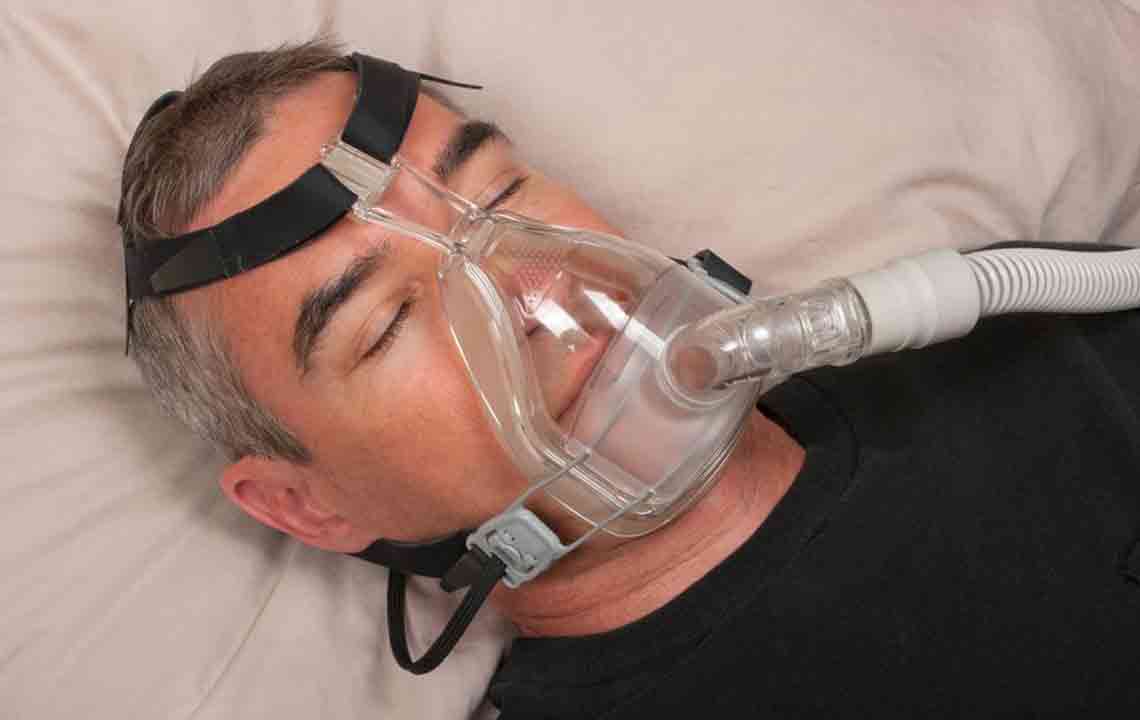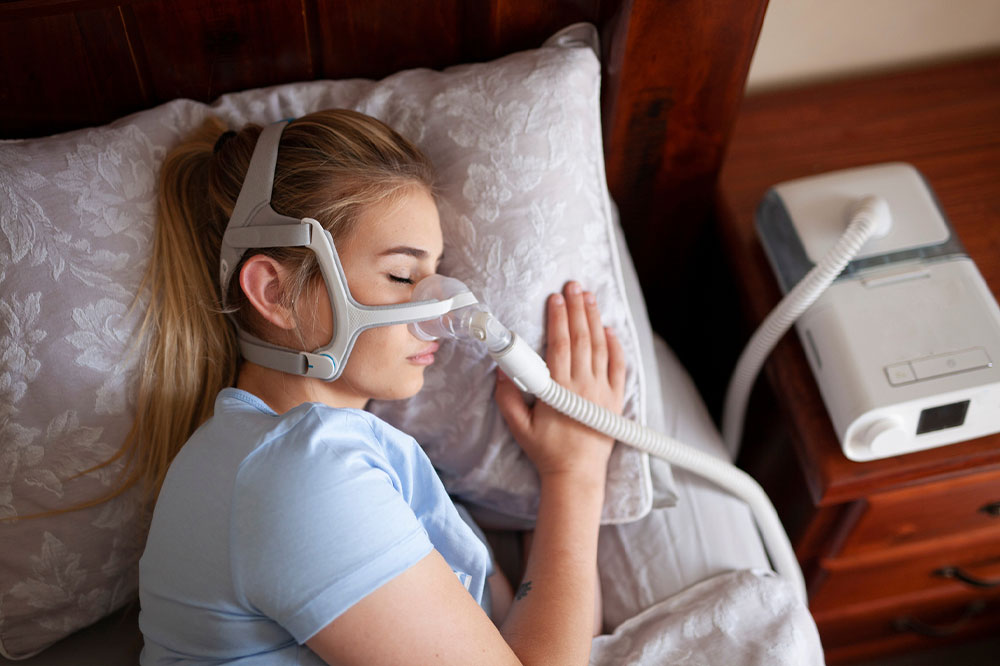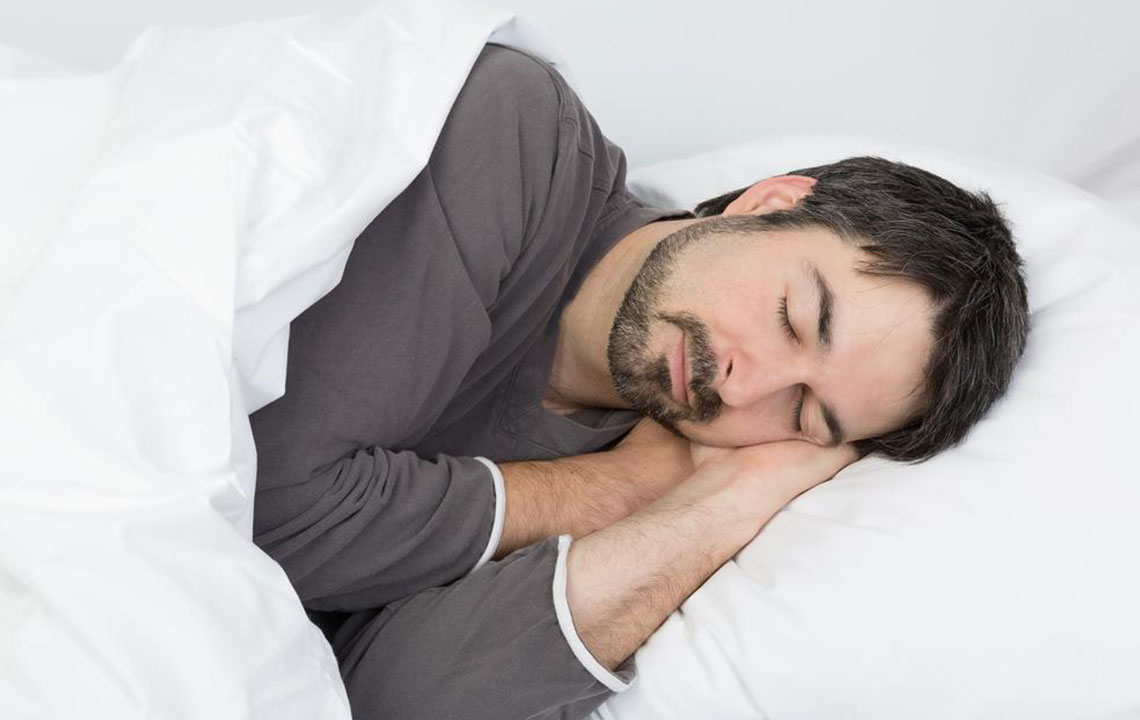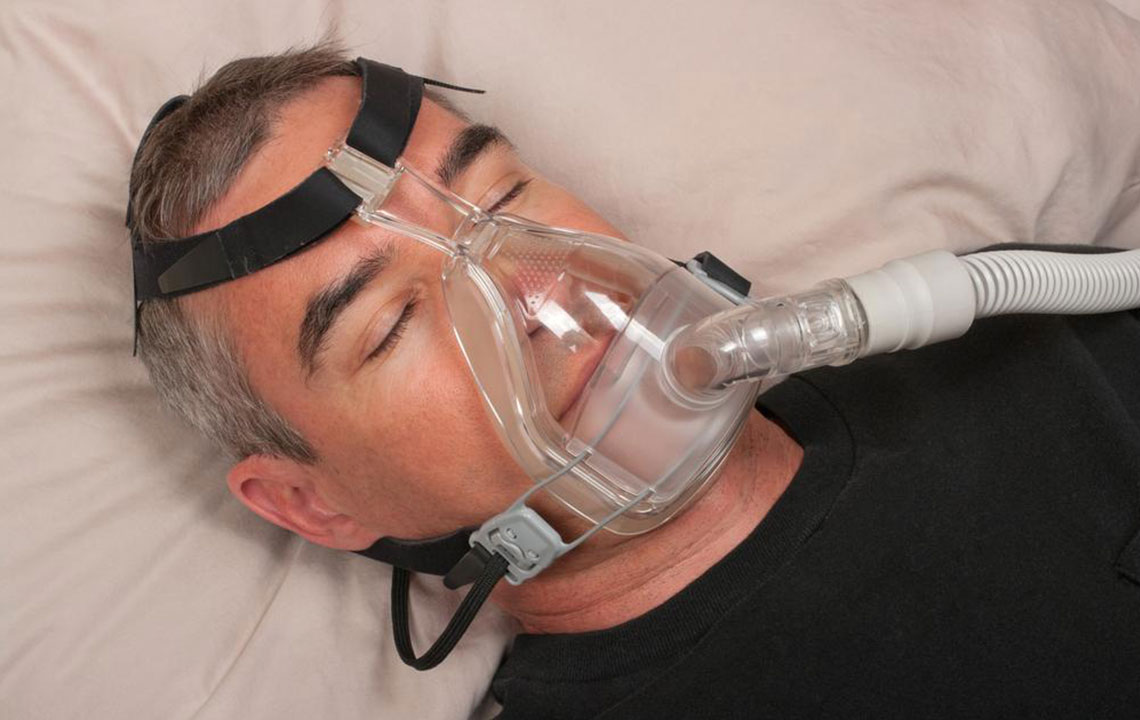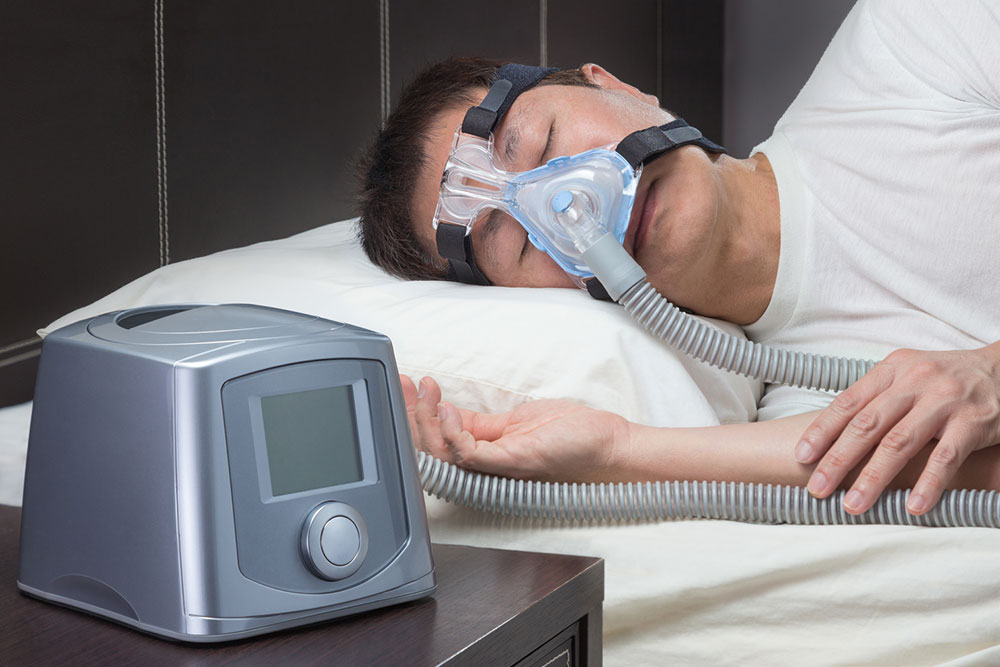Insight into what a dental device for sleep apnea is and its cost
A sleeping disorder where the airways get collapsed, leading to irregular breathing during one’s sleep is called sleep apnea. There are dental devices available, which help manage the condition. Read on to gain an insight in this regard.
Know what dental device for sleep apnea is a Dental device for treating sleep apnea, often referred to as oral appliance, is a small device made of plastic that looks just like a mouth guard or an orthodontic retainer.
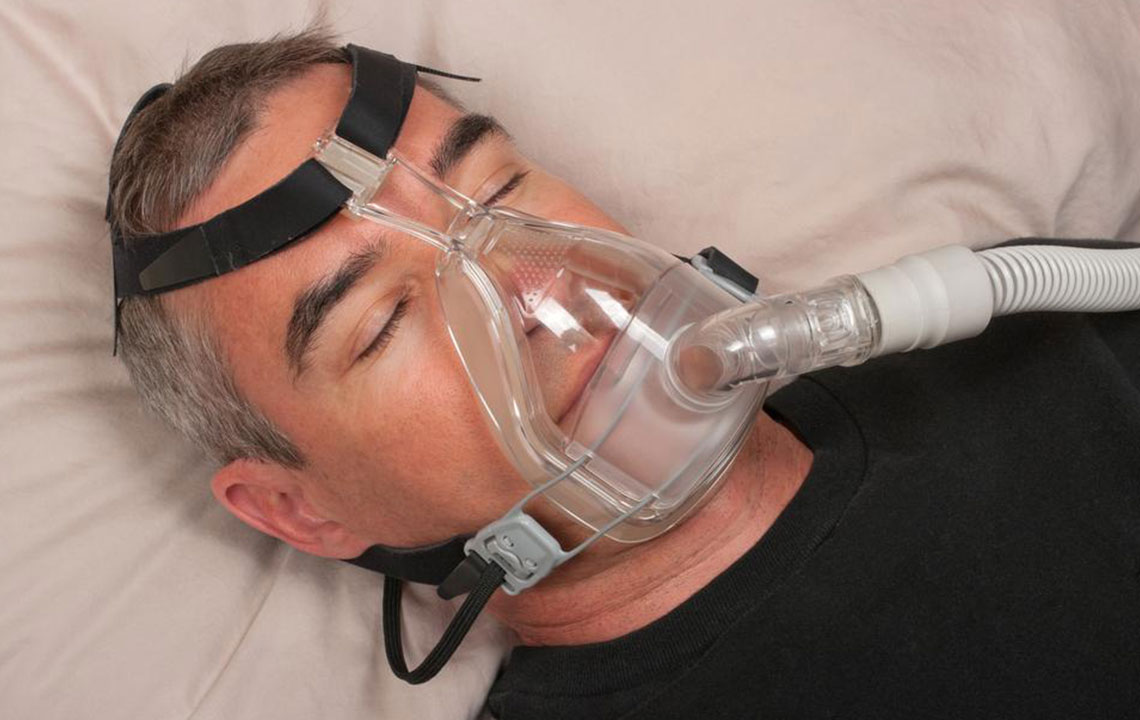
How dental device works in treating sleep apnea When worn during sleep, the dental device helps to keep the airways open by positioning the tongue and the lower jaw correctly. This device helps in preventing soft tissues, present in the throat, from blocking the airways, thus leading to a snore-free normal breathing and a good night’s sleep. This device is mainly meant for treating mild to moderate sleep apnea, but can also be used for treating severe sleep apneas under a doctor’s observation.
Approximate cost of dental device for sleep apnea As far as the sleep apnea dental device cost is concerned, the price varies depending on the model and type of the device. It typically tends to be expensive, especially if quality and effectiveness of the dental device matter to you the most. If you include the expenses of purchasing the mouthpiece along with your visits to the dentists and follow ups, the total cost may vary from $1800 to $2000. Dental devices used for treating mild to moderate kind of sleep apnea may be available for an average price of $800.
Remember, when one buys a prescribed dental device, the sleep apnea dental device cost may get covered under different medical insurances. However, dental devices purchased online or over the counter might not fall under any insurance coverage and may become an expensive investment.
